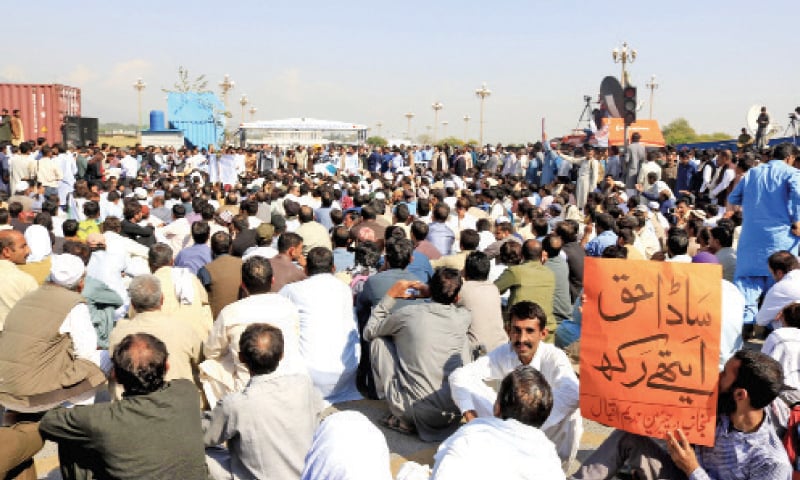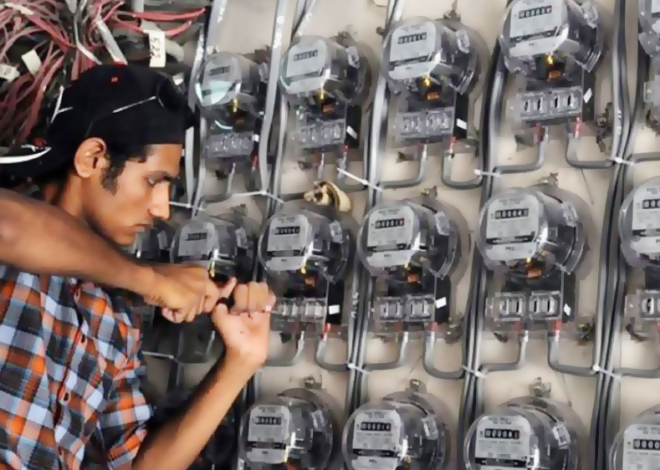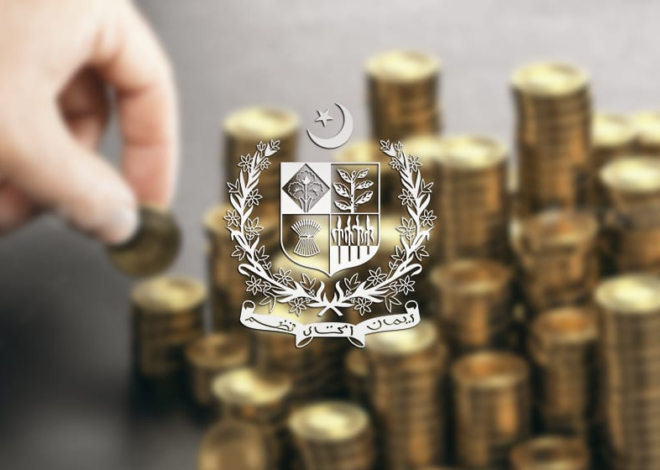
Salaried class to protest against new tax rates

A nationwide campaign has been initiated by the salaried class to protest against the heavy taxation imposed on salaried individuals through the Finance Act of 2023.
The campaign, organized under the name “Save the Salaried Class,” aims to address the concerns raised by the salaried individuals regarding the recent implementation of additional direct taxation measures. A letter has been sent to Finance Minister Ishaq Dar, outlining their grievances.
The letter specifically highlights the 2.5 percent tax increase and modifications made to income slabs, which have significantly increased the financial burden on salaried individuals. It mentions that these changes come on top of the already substantial tax burden imposed on the salaried class through the Finance Act of 2023, which not only raised tax rates but also withdrew various tax credits.
The salaried class is currently grappling with high inflation, increased GST, elevated petroleum levies, rising energy costs, and limited employment opportunities. The proposed tax rate hike and alteration of income slabs will further reduce their disposable income, putting additional strain on those who are already struggling to meet their financial obligations.
Furthermore, the letter highlights the significant decrease in purchasing power for the salaried class due to the substantial devaluation of the Pakistani rupee against major currencies. Managing daily expenses and household finances has become increasingly challenging for them.
The letter also points out the disparity in salary increases between the private and public sectors, exacerbating income inequality. While government employees and select sectors have seen their incomes rise, private sector employees, who form the majority of the workforce, have not experienced commensurate salary increases. This further widens the income gap between different segments of society.
In contrast to businesses in corporate, industry, trade, and service sectors, salaried individuals are unable to claim their expenses against their income, further restricting their ability to manage their finances effectively.
Previous budgets have also added to the financial burdens of the salaried class by withdrawing tax shields on investments and eliminating major claimable expenses. Consequently, the tax burden on the salaried class has significantly increased, making it extremely challenging for them to meet their financial obligations. They currently face the highest effective tax rate among all income sources.
The salaried class strongly urges the government to explore alternative avenues for generating tax revenue. For example, focusing on the wholesale and retail trade sector, which contributes 18 percent to the GDP but only one percent to tax revenue. Similarly, other sectors should contribute more proportionately to tax revenue based on their share in the GDP.
The letter emphasizes the need for fair taxation measures across all sectors to ensure an equitable distribution of the tax burden. While acknowledging the legal challenges in bringing certain sectors into the tax net, squeezing the already tax-paying sector of the economy is deemed unfair and unjust. Implementing a more balanced tax system would alleviate the financial burdens faced by the salaried class.
The salaried class consists of law-abiding citizens who prioritize integrity. They do not engage in illegal income generation. However, the persistently high inflation, reaching around 38 percent for several months, has further compounded their financial challenges, making it increasingly difficult for them to meet their basic needs.
In light of these concerns, the letter requests the finance minister to reconsider the proposed taxation measures and provide relief to the salaried class by reinstating deductible allowances in the calculation of their taxable income. This would help alleviate their financial burdens and promote a fairer and more equitable tax system.
Also, see:
Switzerland commits helping Pakistan during natural disasters with advanced technology







